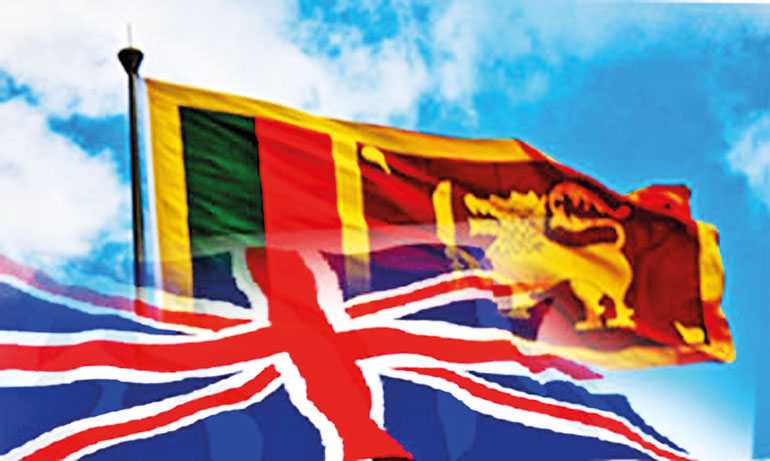The UK Government has launched its new trade preferences scheme in Sri Lanka.
A series of events were held in Colombo for the new trade preferences scheme – the Developing Country Trading Scheme (DCTS), which will come into force this year.
“The UK’s new Developing Countries Trading Scheme provides Sri Lankan and UK businesses with a fresh opportunity to diversify and deepen supply chains and reduce the cost of exporting to the UK. We hope businesses will take advantage of the great opportunities we have highlighted through our events this week,” British High Commissioner Sarah Hulton OBE said.
The main event was attended by State Minister of Finance Shehan Semasinghe, Central Bank Governor Dr. Nandalal Weerasinghe, and senior officials from the Department of Commerce, Export Development Board for Sri Lanka (EDB), and the Board of Investment of Sri Lanka (BOI). The event was delivered in partnership with the Council for Business with Britain – the UK-Sri Lanka bilateral trade association.
UK officials showcased high potential value chains and products that can benefit from the new scheme. This was based on research into UK retailers’ and consumers’ buying considerations, as well as insights from Sri Lankan producers, trade programmes and policymakers.
While Sri Lanka exports numerous high value products to the UK including textiles, tea and rubber, there has been a steady decline in trade volumes between Sri Lanka and the UK since 2018. Under UK trade preferences, Sri Lankan exports will benefit from generous tariff cuts and new products will be brought into scope, facilitating access to the UK market for Sri Lankan businesses across a wide range of industries.
“The Developing Countries Trading Scheme will support businesses by giving them the tools to export duty-free to the UK, opening up markets and boosting consumer choice. We want to go bigger and further with our global trade links and the DCTS enables the UK to achieve this with developing countries,” UK Minister of State at the Department for Business and Trade, Nigel Huddleston said.
The new scheme has been designed to grow free and fair trade with 65 countries, including Sri Lanka, thereby creating jobs and boosting their economies. The DCTS offers one of the most generous sets of trading preferences in the world and demonstrates the UK’s commitment to building long term, mutually beneficial relationships with countries like Sri Lanka.
During the visit to Colombo, DCTS officials also met the Minister of Trade, Commerce, and Food Security, Nalin Fernando. They additionally delivered further information sessions and engagements in partnership with the Ceylon Chamber of Commerce, Department of Commerce, EDB, and BOI, Joint Apparel Association Federation, European Chamber of Commerce Sri Lanka, AmCham Sri Lanka, and Rotary International. The sessions focused on sharing insights including current trends, UK market purchasing criteria, barriers to trade and what can be done to unlock Sri Lanka’s trade and investment potential. Attendees also learnt about other key trade-related information including quality certification and customs requirements.
The Developing Countries Trading Scheme (DCTS) will replace the UK Generalised Scheme of Preferences and will come into force in 2023. Under the scheme, Sri Lanka is eligible for zero tariffs on 92% of products. Over 150 additional products will be brought into scope of the new scheme, including milled grains, pet food products and dairy products.
Key figures:
• £1.4bn of total trade (goods and services) between the UK and Sri Lanka each year.
• Over 99% of goods exported from Sri Lanka eligible for duty-free access to the UK.
• £69m of tariffs saved on exports to the UK from Sri Lanka under UK trade preferences.
Further information on the scheme can be found at this link: https://www.gov.uk/government/publications/developing-countries-trading-scheme-dcts-new-policy-report/developing-countries-trading-scheme-government-policy-response
A series of digital user guides for businesses will be published when the scheme comes into force.


